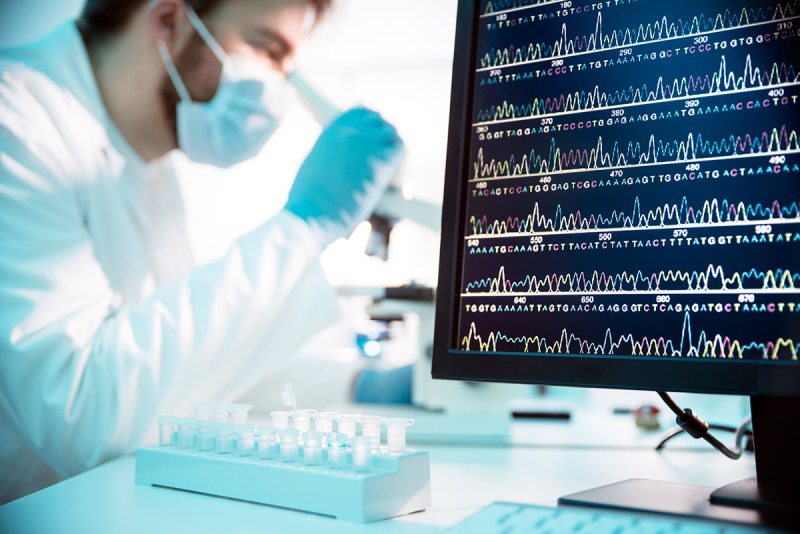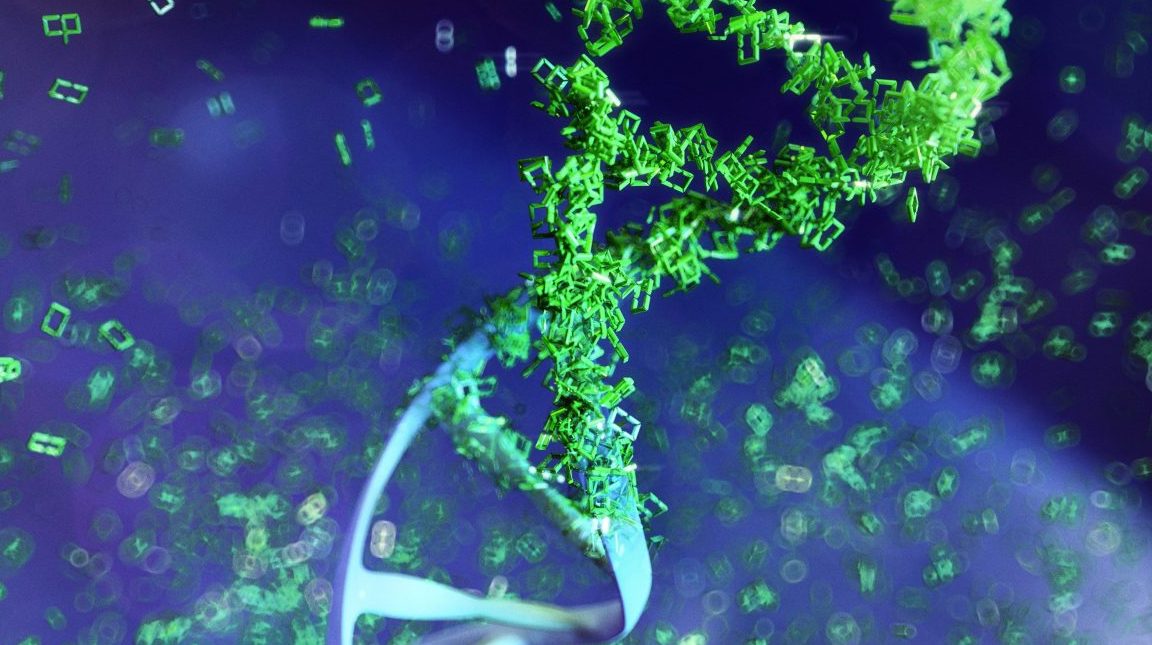
What if a treatment for a fatal disease isn’t working, because the doctors aren’t treating the right one? It happened to Eric Dishman. Convinced he was soon going to die from kidney cancer, he agreed to let a friend from a DNA sequencing company analyze the genome of his cancer cells. Sarah Zhang reports for Wired:
“Dishman’s kidney cancer mutations looked like they actually belonged to a form of pancreatic cancer. He switched to a drug designed for tumors in a totally different organ … [and] it worked. Dishman is finally cancer-free after more than 20 years.”
Now Dishman heads the Precision Medicine Initiative Cohort Program at the National Institutes of Health, where he’s attempting to recruit 1 million Americans to share their DNA and medical histories, all in a quest to determine as fully as possible the relationship between disease and genetic variation.
The dream: treatments for a variety of conditions customized to individual patients. (This trend is growing in popularity: You can already get a $25,000 physical that includes an entire genome sequencing.)
To read the full article, click here. To learn more about (and possibly even join) Dishman’s Precision Medicine Initiative Cohort Program, click here.
(Getty Images)Whether you’re looking to get into shape, or just get out of a funk, The Charge has got you covered. Sign up for our new wellness newsletter today.
